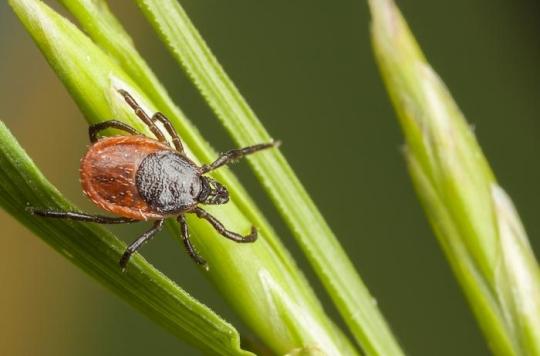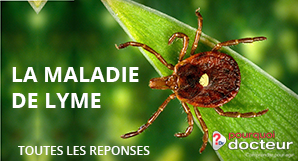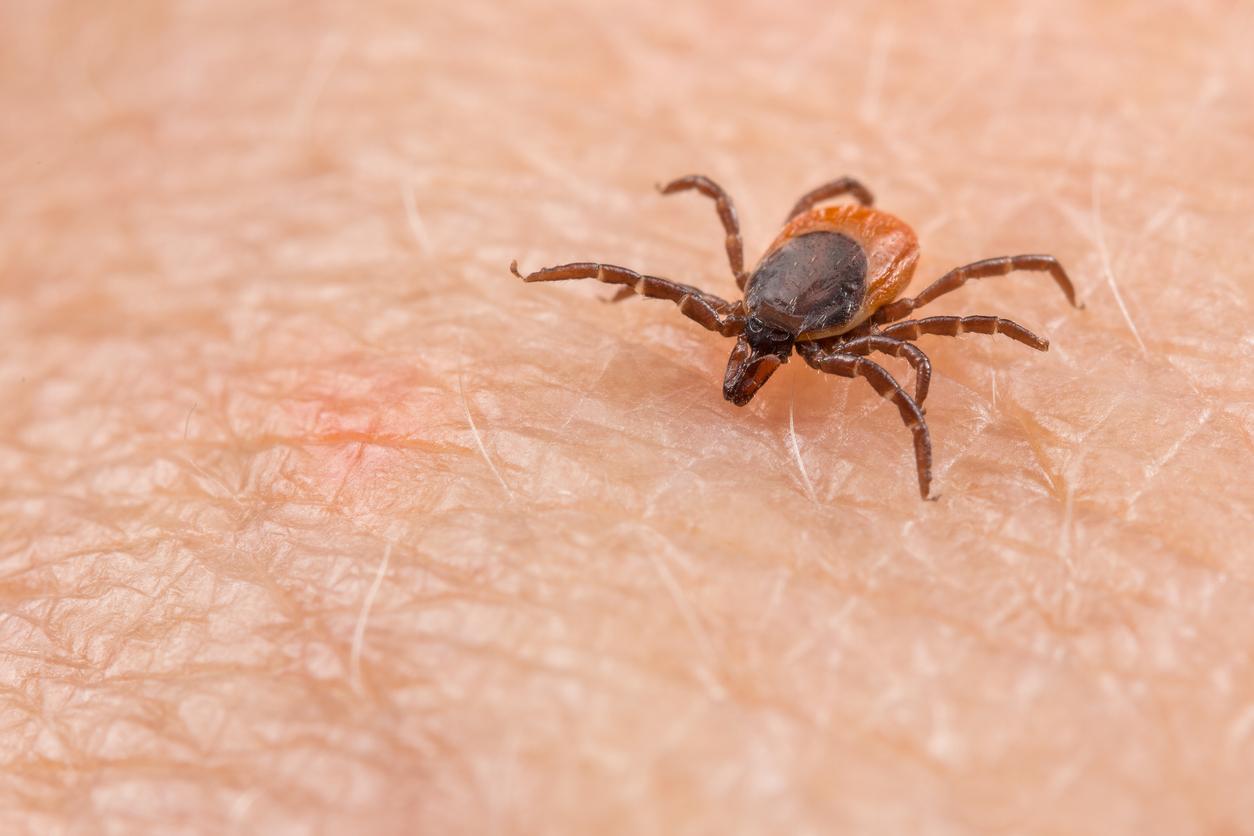The hyper-communication around Lyme disease seems to have shaped misconceptions. Why Doctor separates the true from the false.

Secondary to the transmission of a bacterium during a tick bite, Lyme disease is a pathology of infectious origin which is manifested by chronic and disabling diffuse pain, which can ultimately lead to neurological disorders and facial paralysis. . The French authorities recognize around 30,000 new cases each year. The average prevalence has been estimated at 43 cases per 100,000 inhabitants since 2009. For comparison, it was 16.5 cases per 100,000 people between 1999 and 2000 and 9.4 cases per 100,000 people from 1988 to 1989, according to Public Health France.
Not all ticks are infected
The hyper-communication around this disease seems to have generated collective awareness in recent months and at the same time shaped false ideas. For example, not all ticks carry Lyme disease. Only those infected with the bacteria can transmit it to humans when bitten. And still it is necessary for that that the tick remains several hours attached to a person. Ticks are indeed naturally not infected, they are contaminated when they feed on the blood of wild animals themselves contaminated.
They don’t move far on their own. However, their propagation by different vectors (rodents, migratory birds, domestic animals) makes it possible to be bitten outside of woods and natural areas. For example, they can stick to migrating birds and fall far from their original location.
Early diagnosis is better
Lyme disease can appear within 30 days after the bite, first as a round, red patch that extends in a circle (erythema migrans) from the bite area. The lesion of the skin can be accompanied by muscle and joint pain, or fever. With early treatment, it disappears in a few weeks to a few months. “The symptoms are multiple: joint pain, tremors and neurological disorders – memory loss, depression,” explained Eric Oden to France 3 Nouvelle-Aquitaine.

Credit: anakopa/iStock
In the absence of treatment, the evolution towards the secondary phase is not systematic, but worsens the prognosis: the infection can become chronic and spread from the skin to the whole organism. It will then give serious complications which can affect several organs (joints, brain, heart…). “Months to years after the infection may appear tertiary manifestations, joint, cutaneous, neurological, muscular, or cardiac”, recalls the Ministry of Health.
The Lyme Disease Business
“It started with great fatigue. Terrible muscle pain, especially at night. At one point I could no longer walk, tells France Bleu Marie Jose Silva. I started with the wheelchair, then the walker. Today I walk but I can’t drive anymore, I lost my job. And to move out of the house, I need my husband or my children.” Marie José Silva also deplores the lack of recognition of Lyme disease and feels aggrieved, trapped by a little considered disease. “I don’t feel like fighting anymore because nobody wants to fight with us. I think of doctors. We should be hospitalized, have adequate treatment when things are not going well. When you have a cold, you go to see a doctor, he listens to you, he will give you what you need to treat yourself. Whereas we, well no, there’s no one.”
Is Lyme disease really neglected by the scientific community? Are patients really neglected by the health system? “There are patients in whom Lyme disease has been recognized and treated”, explains Professor of Infectiology Jean-Paul Stahl. “Then there are the people who are made to believe they have it. They have a negative serology from the blood test, which means that they have never been in contact with the virus. bacteria”, but some “crooks” exploit their weakness. “They have symptoms, are sick, but don’t have Lyme disease.”
Why are these patients convinced they have it? “Some, for example, are followed at the ‘BCA-Clinic’ (Borreliose Centrum Augsburg) in Germany” and pay “1000 euros per week: they are called regularly to find out if they have passed their exams – paying and we exercise sectarian power over them”. Jean-Paul Stahl has recovered some of these patients persuaded to have Lyme disease: “I met patients actually suffering from a brain tumor, cancer, Hodgkin’s disease or even multiple sclerosis. . locked in bogus diagnoses and facing a real loss of chance”.
How to avoid bites?
It is important to protect yourself against tick bites, in particular by wearing light-coloured clothing to distinguish them more easily on the fabric, closed shoes, covering your head and favoring open paths rather than tall grass. Remember to carefully inspect each person after a risky ride, as well as pets.
If you have been bitten, it is urgent to quickly remove the tick, if possible within 12 to 36 hours of the bite. A tick remover (sold in pharmacies) is essential to remove it by grasping it in the direction of the axis of its body (in order to remove the whole body) and rotating it counterclockwise. .

Credit: andriano_cz/iStock
This gesture must be carried out with delicacy so that the tick does not vomit under your skin the possible bacteria which it carries. Do not hesitate to use a magnifying glass and disinfect the area once the tick has been removed. You will still need to monitor the bite for a month to make sure that a red patch does not develop on it. If so, see a doctor quickly.

.

















